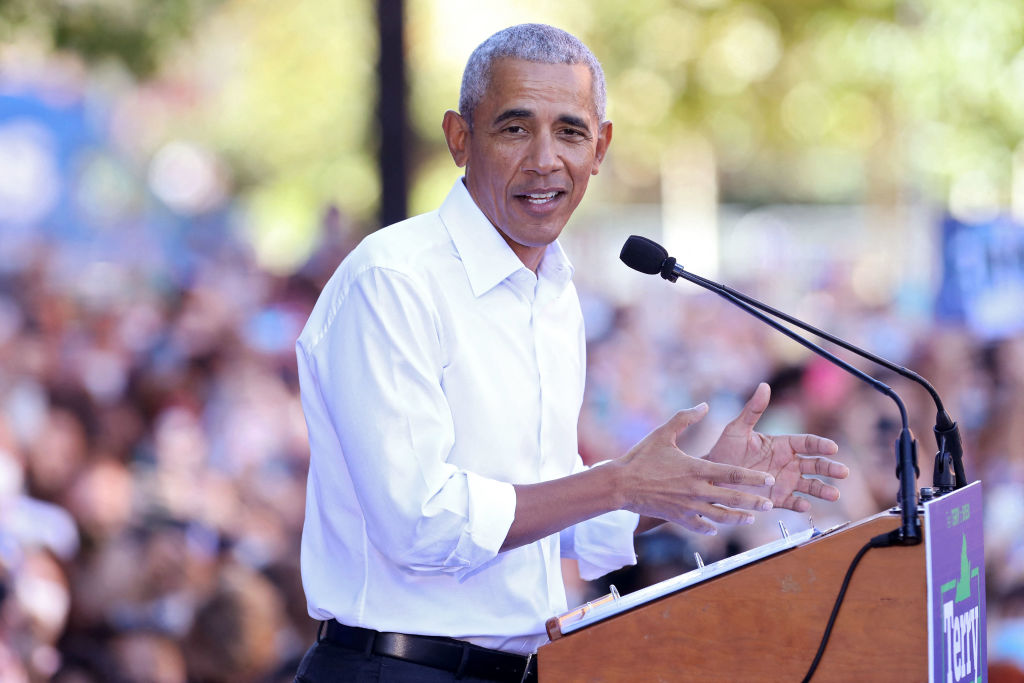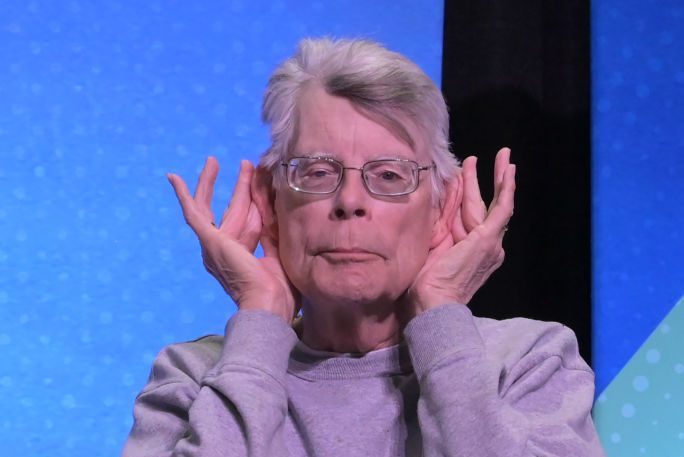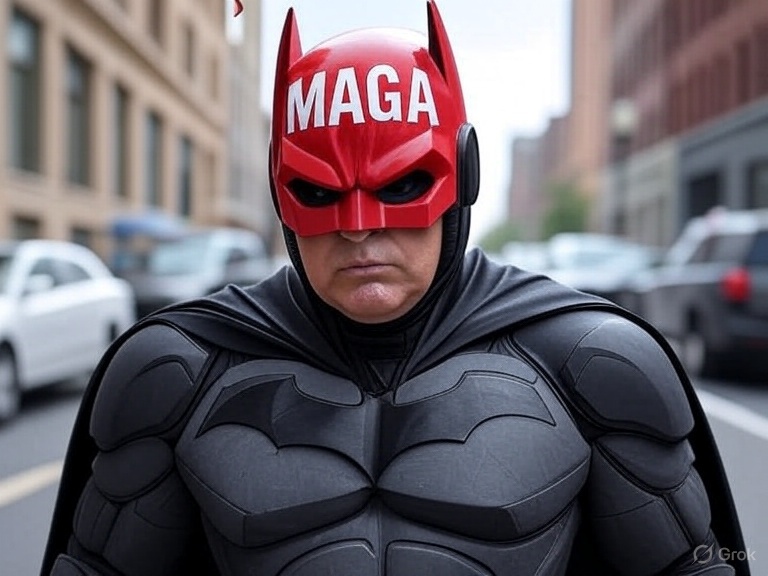“Phony, trumped-up culture wars.” That’s how Barack Obama described Glenn Youngkin’s platform to a rally in Richmond, in the run-up to the Virginia gubernatorial election in which the GOP candidate defeated Terry McAuliffe.
Obama didn’t stop there. In the former president’s estimation, Youngkin either “believes in the same conspiracy theories that resulted in a mob” or he is a cynical hack who would “say or do anything to get elected.”
After Youngkin prevailed in the November 2, election, and other Republicans swept into the offices of attorney general and lieutenant governor, the reality of the “culture war” themes became abundantly clear to most observers. Voters had created a referendum on Critical Race Theory, the 1619 Project, transgenderism and the whole apparatus by which progressive political ideology is being implemented in Virginia schools. There was nothing “phony” about this rebellion. Voters were expressing their genuine and deeply felt concerns.
Many Democrats recognized this reality and called on their party to reposition itself. But other Democrats, and a surprising fraction of conservatives, oddly stuck with Obama’s idea.
For example, Wall Street Journal columnist Bill McGurn claimed that Youngkin won on “bread-and-butter issues” like the grocery tax, even though the most debated and publicized issues in the race concerned parental involvement with schools. It was McAuliffe, not Youngkin, according to McGurn, who wanted to pivot the race to culture war issues because he believed he could excite his base by portraying the Republicans as “uncouth” people “motivated by hate.”
McGurn noted that liberal outlets such as Politico characterized Youngkin’s victory in Obama’s terms: Republicans successfully mobilized their base with “phony” culture war topics. But exactly what is “phony” about Virginians objecting to the neo-racism of Critical Race Theory, which posits that all American institutions are systemically racist and all whites are bigots, though some may not be aware of it?
McGurn admitted that disputes about values exist and he went on to describe the left’s “culture war salvo” in precisely such offensives as CRT and the New York Times ’s 1619 Project. That endeavor seeks to replace 1776 as America’s founding year with 1619, when pirates first brought African captives to Virginia. But in McGurn’s view, calling such disputes “culture wars” plays into the hands of the left. He says we should avoid the phrase because it makes it easier for the left to avoid actual debate.
No it doesn’t. The left has a thousand ways to avoid debate and it does so routinely both because its arguments are pathetically weak and because it is so out of practice. Because the left presides over “cancel culture,” and prefers to shout down critics rather than argue the merits of its own points, the proponents of leftist cultural themes no longer know how to debate. On the rare occasions when they are forced into a debate, they typically just repeat their talking points and make ad hominem attacks against their opponents.
While the left has no advantage in actual debate, it is a lot better than conservatives are at sticking with slogans and simplistic messages. The 1619 Project, for example, has advanced with the claim that anyone who opposes its historical fantasy must want to suppress the teaching of any and all black history. This is outlandishly false. Opponents of the 1619 Project want to teach real history, including real black history. But they get thrown on the defensive by first having to refute the false allegation.
That’s how the battles of the “culture wars” almost always proceed. The left makes outrageous claims. Conservatives then have to demolish those claims before they can present better approaches. The left, however, attempts to freeze the debate at the first step. Either you are for “black history,” i.e. their peculiar version of it, or you are in league with the racists. It is frustrating for conservatives who are eager to get to the underlying questions of fact and emphasis, but that’s how the game is played.
“Culture wars” are not characterized by two approximately equal sides who play by the same rules. They are, at this moment in our history, stand-offs between an entrenched leftist establishment that has nothing to gain from real debate, and an upstart movement of skeptics (usually parents) who have nothing to lose by challenging the left’s premises. Conservatives win if they succeed in pressing their questions. They lose when they are silenced, excluded, or encouraged to accept a “compromise,” which is just defeat by another name.
The constant message (via CRT; the 1619 Project; Diversity, Equity, Inclusion [DEI]; “abolitionist teaching;” “anti-racism;” “belonging;” “social and emotional learning,” and a dozen other pedagogical devices) is that America is a rotten place, founded on hollow principles. The only good way forward is to attach yourself to an identity group that is committed to its own claims of “social justice.” The left doesn’t really have a single term that encompasses this collection of ideological maneuvers. Some have called it “successor ideology” because it promises to be the successor of old-fashioned American confidence in the principles of freedom and equality. Be that as it may, the goal is to teach national self-disdain, and the result is demoralization.
A demoralized country is a weak country, and a weak country is one open to conquest. The culture wars sit adjacent to the possibility of real war.
Slavery is perhaps the cornerstone of successor ideology. No opportunity is ever lost to depict America historically as a slave society and America after emancipation as infused with the legacy of slavery. The diversity industry and “successor” ideology never mention that slavery was ubiquitous two centuries ago, and more common in many other places than in the United States. It was in some of the British North American colonies that the abolition movement first stirred to life, and it was here that hundreds of thousands of Americans laid down their lives in a war to end slavery.
Where slavery still exists in the world today, it is part and parcel of social systems that divide people by tribe and ethnicity. Yet America’s self-proclaimed “anti-racists” see only good coming from their efforts to re-energize racial and ethnic difference in the name of “equity and inclusion.” Ethnic division is, for all practical purposes, indistinguishable from ethnic hierarchy. Fostering such division is sheer folly for a society that seeks to achieve equality under the rule of law.
These are not idle speculations. At James Madison University in Harrisonburg, Virginia, diversity bureaucrats were caught on tape instructing upperclassmen to teach incoming students that groups on campus were either oppressors and privileged, or oppressed and targets. Among the oppressor groups were “Americans.” The list also included Western Europeans or whites, men, heterosexuals and Christians.
Barack Obama, Bill McGurn and anyone else who thinks that the culture wars are “phony” is mistaken. These battles, typically over race, sexuality and national identity, are defining issues for our time. Grocery taxes and other bread-and-butter issues matter too. McGurn was not wrong about that. As American paychecks are eaten up by inflation and consumer goods languish on cargo ships for want of a well-run supply chain, Americans have plenty of other complaints that will stoke their dissatisfactions with the current regime. But deep down our dissatisfactions are all a matter of profound mistrust with a governing class that dislikes us and does all it can to foment division. And that’s why the culture wars are real.

























